With the increased focus on cyberattacks and data breaches, companies are recognizing that a crucial aspect of risk assessment is ensuring that they have the proper controls in place to safeguard their most valuable assets. These include security measures such as firewalls, encryption and authentication, as well as policies that govern how data is stored, used, and shared.
Privacy of data is one of the areas of control. This means making sure that personal data is only collected when it is necessary, and that companies do not share or store the information with unauthorised third parties. This also means providing users with clear, simple-to-understand guidelines regarding how their personal information is used, and providing them with the option to opt-out of those use. It also requires compliance to a range data privacy regulations including GDPR, CCPA and HIPAA.
Remote access, wireless, Bring Your Own Device, smart devices, and Internet of Things technology create a mess for modern business environments. These https://indexdataroom.blog/types-of-private-equity-the-basics/ require careful infrastructure management and robust access control as well as a deep understanding of the laws that apply at local, state, provincial, or even country level.
Without these security measures in place, you run the risk of a costly breach that could impact your reputation, cost you customers, and result in fines or lawsuits. You also risk that you will lose important information which could help you create innovative products and services for your customers. In essence, the importance of data security and privacy protection can’t be overstated.




